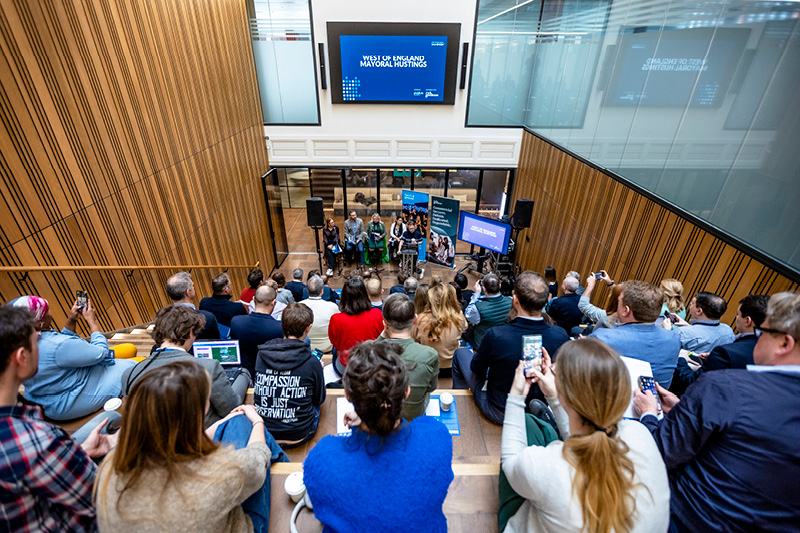The Tech sector’s green revolution: employment trends in sustainability.

In recent years, the technology industry has increasingly embraced sustainability, not just as a buzzword, but as a core principle guiding its operations and innovations. This shift towards sustainability is not only transforming how tech companies operate, but it is also reshaping the job market within the industry.
In this article, we explore how sustainability is influencing employment in the Tech sector.
The growing importance of sustainable practices
Sustainability in the Tech sector can cover a wide range of practices aimed at reducing environmental impact, promoting social responsibility, and ensuring economic viability. Many companies are now even more focused on developing technologies that minimize carbon footprints, reduce e-waste, and enhance energy efficiency. This commitment to sustainability is driven by both regulatory pressures and a growing consumer demand for environmentally friendly products and practices.
From an employment perspective, sustainability significantly influences the industry by creating new roles, reshaping existing ones, and driving demand for specific skills, which we explore further below.
Creation of new roles
There are a variety of new roles which are emerging. Sustainability managers for instance are responsible for developing and implementing sustainability strategies. They work on reducing carbon footprints, managing waste, and ensuring compliance with environmental regulations.
As businesses and individuals increasingly adopt renewable energy sources, there is a growing need for renewable energy engineers who can design and manage these systems. A further example can be seen by the creation of ESG analysts who assess the environmental, social, and governance impacts of a company’s operations and investments, ensuring that sustainability goals are met.
New roles such as these will help innovation and growth, attract diverse talent, and assist in addressing specific challenges more effectively with specialised positions.
Reshaping existing roles
We’ve also seen existing roles reshaped by sustainability practices. For example, looking at the roles of data scientists and software developers, the increased focus on sustainability can mean data scientists are tasked with analysing environmental data to optimize resource use and reduce waste, whereas nd software developers are increasingly required to utilise their creativity to come up with energy-efficient software that minimizes power consumption.
Whilst employers will need to invest in training programs to upskill or reskill their staff to remain relevant in their role. This should ultimately lead to higher retention rates, and improved efficiency and productivity. Furthermore, encouraging staff to adapt and learn new skills can help to foster a culture of lifelong learning, creating a versatile and knowledgeable workforce.
Driving demand for specific skills
As the market continues to develop, sustainability will require staff to have knowledge of green technologies and understand renewable energy systems, energy storage, and sustainable materials (which are becoming crucial) as well as adapting and becoming proficient in environmental, social, and governance reporting. These skills are therefore going to increase in demand as companies need to track and report their sustainability efforts (whether due to regulation, their own sustainability targets, or the requirements of their funders).
Specialised skills can significantly boost productivity, attract top talent, and can improve communication and teamwork by encouraging collaboration across different departments.
Impact on company culture
Sustainability is also influencing company culture, with many businesses prioritizing eco-friendly practices and encouraging employees to adopt sustainable habits. This shift is not only attracting talent who are passionate about the environment but also fostering a culture of innovation and responsibility.
Impact on the workplace
Companies may want to consider including an Environment, Social and Governance policy (or may already have one in place) to show its staff how it focuses on meeting the needs of a changing world whilst achieving long term business success.
There can however be legal repercussions of this. If staff fail to follow the company’s guidelines, this could (depending on the severity / materiality) be viewed as a breach of a policy (which is linked to their employment terms), from which companies can consider whether to take disciplinary action. In likelihood a single breach would result in a warning, but repeated breaches (or a significant first breach) could ultimately result in a dismissal; subject to following a reasonable procedure and considering the employee’s length of service (see our article on the Employment Rights Bill in the tech industry).
As companies continue to innovate and adopt sustainable practices, the Tech workforce will play a crucial role in achieving these goals.











